Monday 16th November to Tuesday 24th November
We finally set off late afternoon after having the vang fixed at the boat yard, filling the water tanks with water and the diesel tanks with diesel (expensive to get wrong) and ensuring that everything was stowed away. We sat in the afternoon sun eating a last ice cream before heading out of the marina and raising the sails as we crossed the straits between Lanzarote and Fuerteventura.
The sail took us down the east coast of Fuerteventura for the first night, then we steered south west some 80 miles off the coast of the Western Sahara for the next four days. From Cap Blanc, the boarder with Mauritania, we headed south for three days towards Dakar. We stayed well away from land mainly to avoid hitting an unlit fishing boat at night but this put us in the way of the main cargo ships passing up and down the coast heading south for Brazil, Africa and further and north to Europe. It passes the time to watch out for them on the plotter and radar, and adds a bit of excitement to see that they will be coming a bit too close, then to call them up on the VHF radio to make sure they’ve spotted you. It’s quite a thrill to get a 600-foot cargo ship to change its course for you.
The first two days there were frequent messages on the VHF from the Las Palmas coastguard requesting a look out for a wooden boat with 46 people on board crossing from Morocco to the Canaries, and later, tragically, for people in the water some 60 miles south of us, with Search and Rescue vessels heading to the area. There were big seas and strong winds and we thought of the poor people trying to cross in these conditions with so little chance of survival.
The good parts of the trip included some wonderful sunsets and sunrises and the night skies full of stars. Dolphins visited twice at night, dark shadows alongside the boat, then once, magically, in the evening as I played my sax. Clearly great music lovers. Flying fish appeared on the last two days, skimming above the surface of the water, I thought that they were birds at first. Several landed on the deck of the boat, mostly about six inches long with extended wing-like fins. I threw a couple of them back, full of silver, wriggling, flapping energy, but we still found stiffened corpses on deck in the morning.
The main downside of the trip was the disturbed nights being on watch and feeling ill with exhaustion. I never really settled into a good sleep pattern. The rolling of the boat also gets a bit wearing. There was a big swell on the ocean, the Atlantic swell, which caused the boat to roll from side to side in a regular fashion, with the occasional much bigger roll, usually when dishing up supper, which ended up in the sink or on the floor several times as plates suddenly slid across the workbench as the boat tipped up violently.
In the last few days, as we got nearer to Dakar the boat became covered with a layer of fine red sand, the Sahara coming to meet us, and it got warmer especially at night. On the last morning of sailing we had managed to time our approach to Dakar near daybreak (more luck than anything). Hugh was on watch before dawn and spotted a brazier burning on a small boat nearby. Suddenly and without warning he found Vega surrounded by flashing lights. We knew that the local fishermen went out at night in their long wooden pirogues which are mostly unlit and the boats hadn’t shown up on our radar. They hadn’t spotted us coming either until Vega was amongst them and then they turned on their lights. We were worried that we might have caught one of their nets but when we managed to stop and look, when daylight came, it all looked clear.
We passed more pirogues as we passed Dakar city and port and made our way to the CVD yacht club where yachts anchor. It is in a pretty bay with a white sandy beach and the yacht club is a cluster of ramshackle buildings in a shady garden with exotic birds flying from tree to tree. There is a bar and showers; a lukewarm shower after 8 days at sea was bliss. Everyone is friendly and helpful and a taxi was arranged for us to go to the Immigration Police in Dakar and then to Customs. From what we’d read we were expecting delay and hassle and a request for ‘presents’ but it was all dealt with quite efficiently and charmingly.
We will spend a few days here then on to the Gambia with, hopefully, time for a visit to the River Saloum en route.
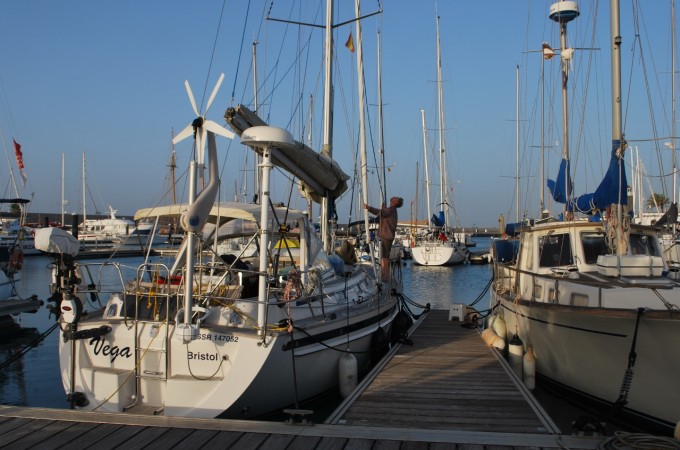
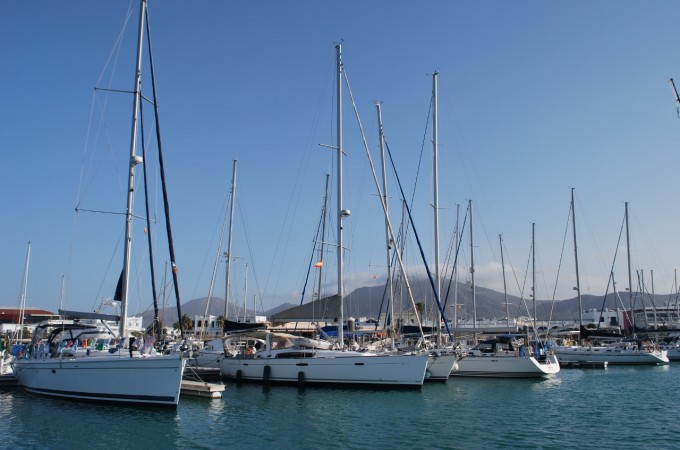
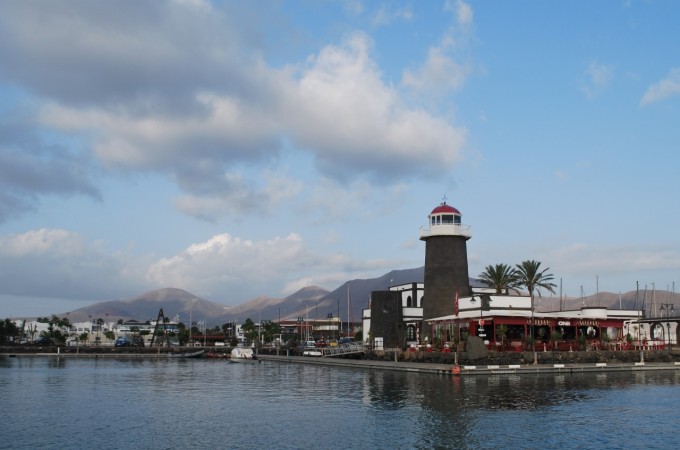
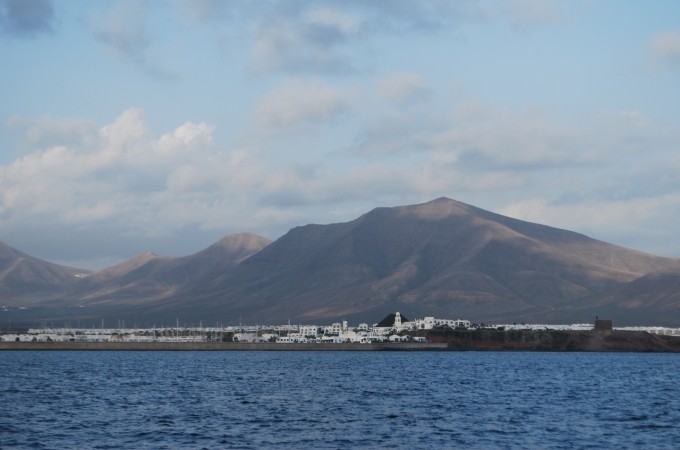
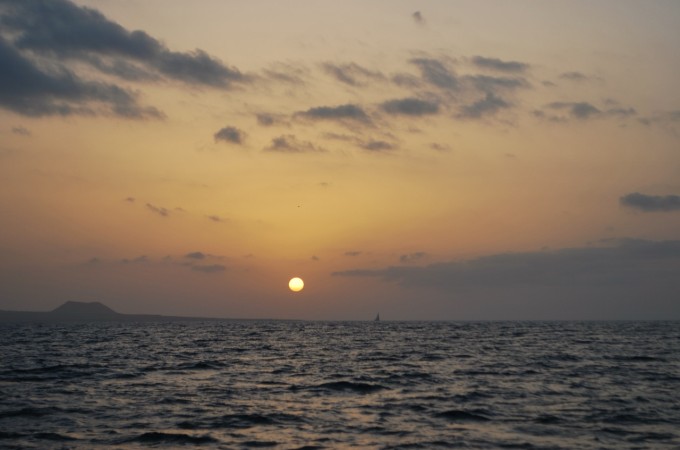
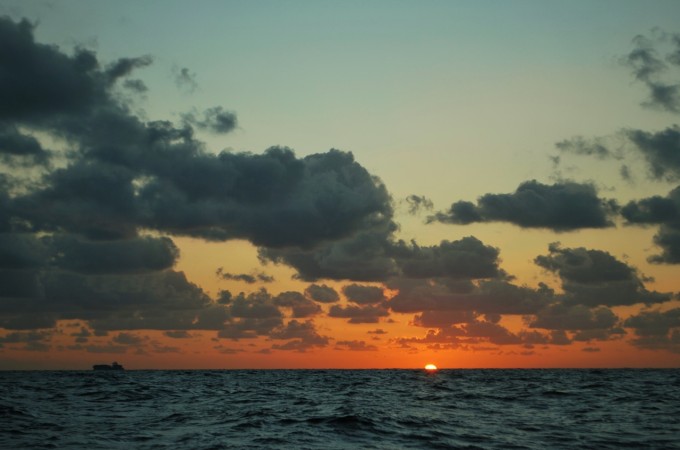
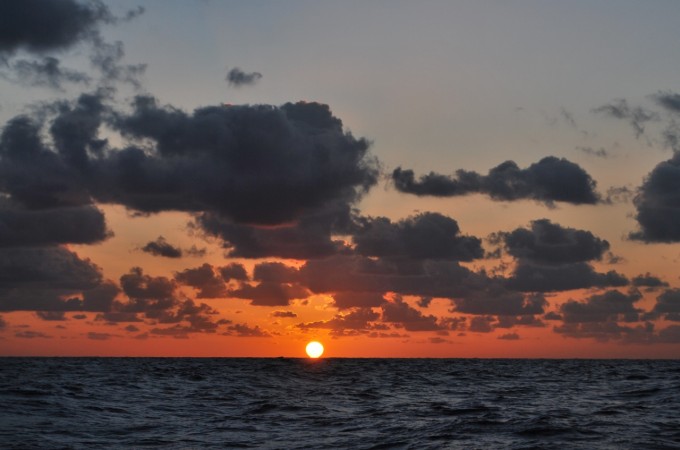
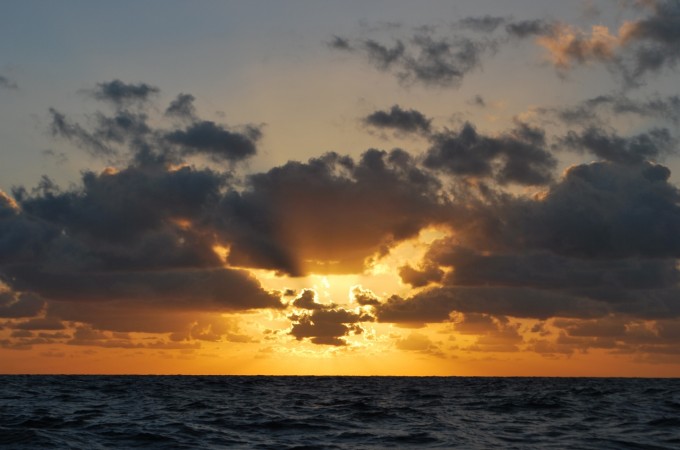
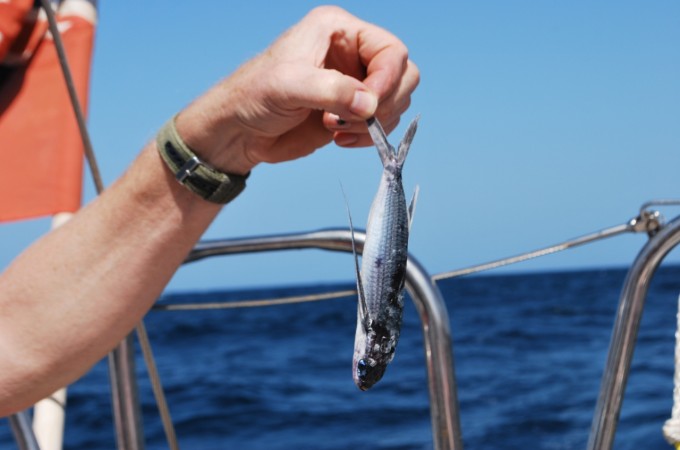
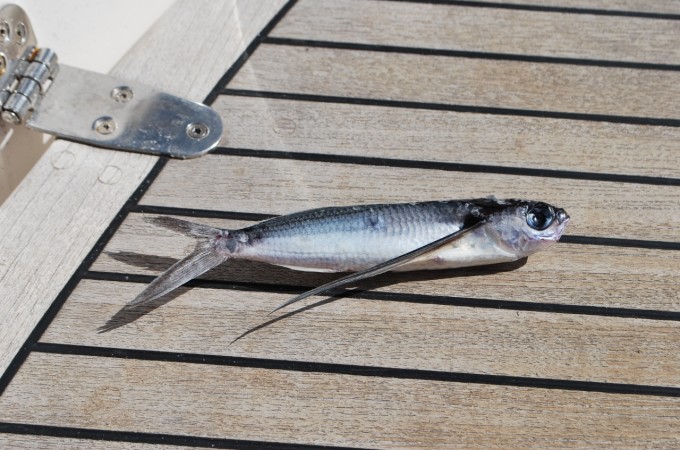
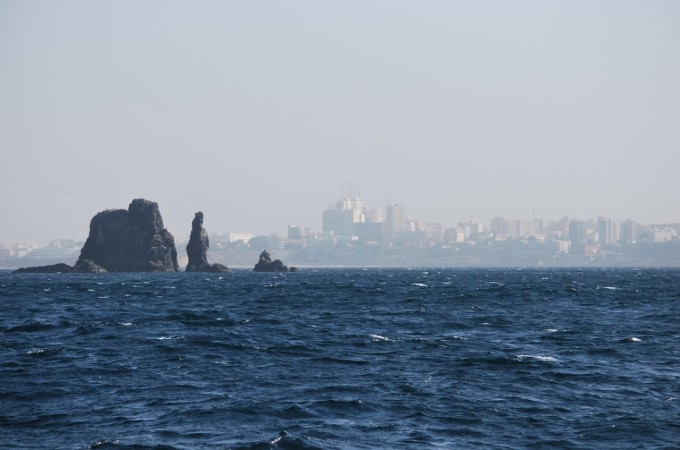
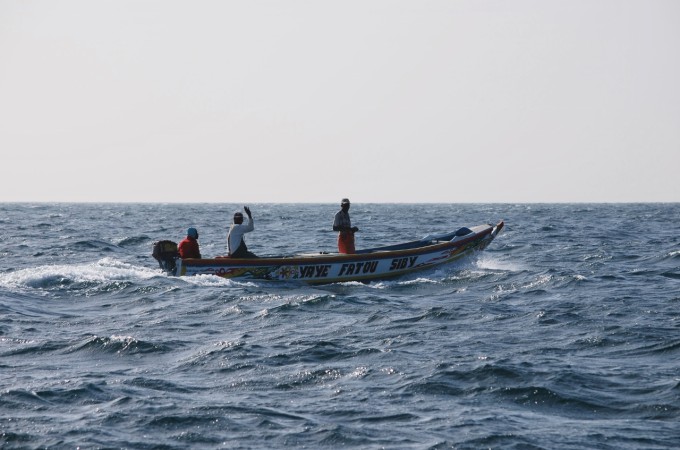
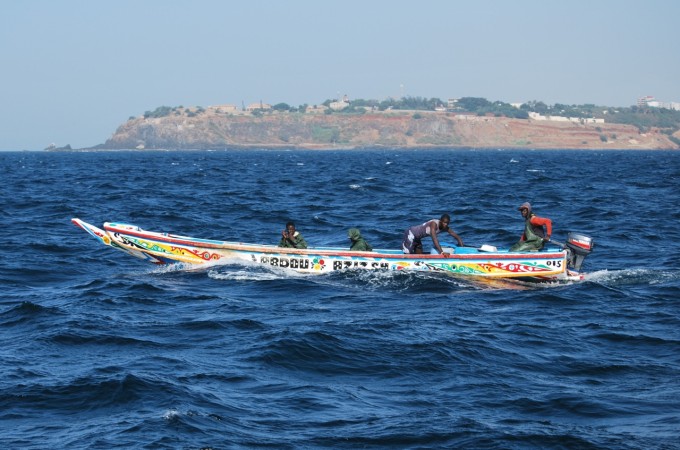
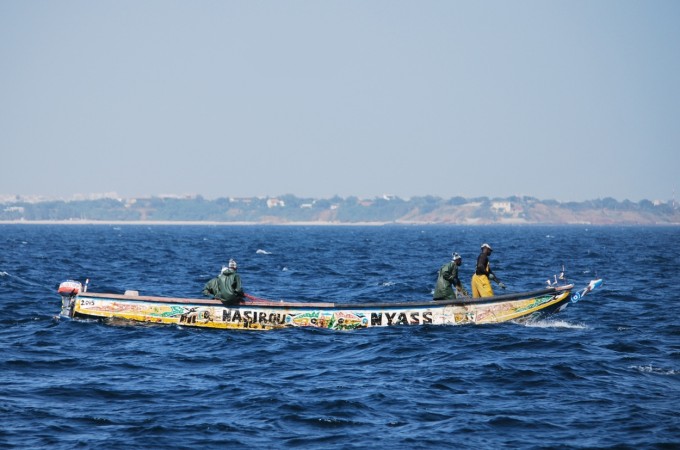
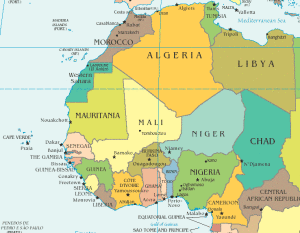
8 Comments
Annie Sparkes
November 27, 2015 - 5:32 pmAlways pleased to hear that you have found a safe haven. The next bit will be more relaxing I expect & you’ll be able to catch up with some sleep. Lots of love xxx
annie
December 3, 2015 - 1:08 pmThanks Annie… I have! xx
Peter Baylis
November 27, 2015 - 5:53 pmThanks Annie. Interesting as always. I don’t like the sound of these unlit fishing boats.
Pete.
annie
December 3, 2015 - 1:08 pmNo, Pete, I think it would do us and them considerable damage if we collided and suspect we’d come off worse x
The Jetski
November 27, 2015 - 6:12 pmSounds eventful even if a little tiring! Those flying fish are fascinating and it was in those straits between the two islands where we first saw them. None actually landed on our boat though! Love hearing these tales, look forward to the next one.
annie
December 3, 2015 - 1:12 pmThanks Jetski. By the way no pesky jetskis seen in West Africa yet, but no doubt if we went to the tourist beaches they will be lurking there xx
Steve
November 27, 2015 - 7:54 pmDo you have to duck for the flying fish?
annie
December 3, 2015 - 1:06 pmNo, we grouse xx